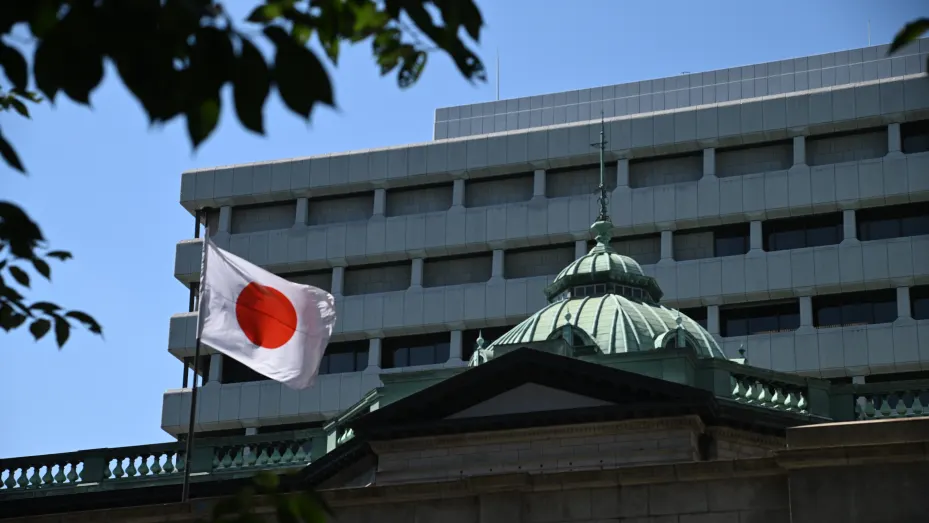The Bank of Japan (BOJ) announced a significant shift in its monetary policy, moving away from an eight-year-long negative interest rates regime by raising its benchmark borrowing cost by 10 basis points. This marks the end of a prolonged period of sub-zero borrowing costs, a decision anticipated with much speculation about its potential impact on global financial markets.
Impact on Bitcoin and Traditional Markets
Following the BOJ’s announcement, Bitcoin experienced a notable decline, falling to under $63,000 during European trading hours. This downward movement in Bitcoin’s price comes amid reports of a slowdown in inflows into U.S.-listed spot exchange-traded funds (ETFs) starting from Monday. Despite the potential for panic, traditional markets have shown resilience, with Japan’s Nikkei index recovering losses and other Asian stock markets exhibiting mixed responses. The Japanese yen, on the other hand, has not seen a significant strengthening post-announcement, which some analysts attribute to the policy statement’s lack of indication for future rate hikes.
BOJ’s New Data-Dependent Approach
The BOJ’s policy shift introduces a new era of data dependency for the central bank, moving away from years of an ultra-easy policy on autopilot mode. BOJ governor Kazuo Ueda highlighted that future decisions regarding monetary policy would be guided by domestic inflation trends and economic growth, indicating a more responsive approach to changing economic conditions. This pivot could imply tighter monetary conditions in the future, potentially affecting risk assets, including cryptocurrencies.
Implications for Yen Carry Trades and Risk Assets
For years, the Japanese yen’s low borrowing costs have supported carry trades, where investors borrow in yen to invest in higher-yielding assets. This strategy has contributed to global liquidity and investment in risk assets. However, the BOJ’s new stance introduces uncertainty and potential volatility in the foreign exchange market, which may deter further investment in yen carry trades. As the liquidity generated from these trades diminishes, risk assets, including cryptocurrencies, could face challenges.
The BOJ’s decision marks a critical turning point in Japan’s monetary policy and poses significant implications for global financial markets, including the cryptocurrency sector. Investors and market observers will closely monitor the impacts of this policy shift and the BOJ’s future actions as it navigates through evolving economic conditions.
